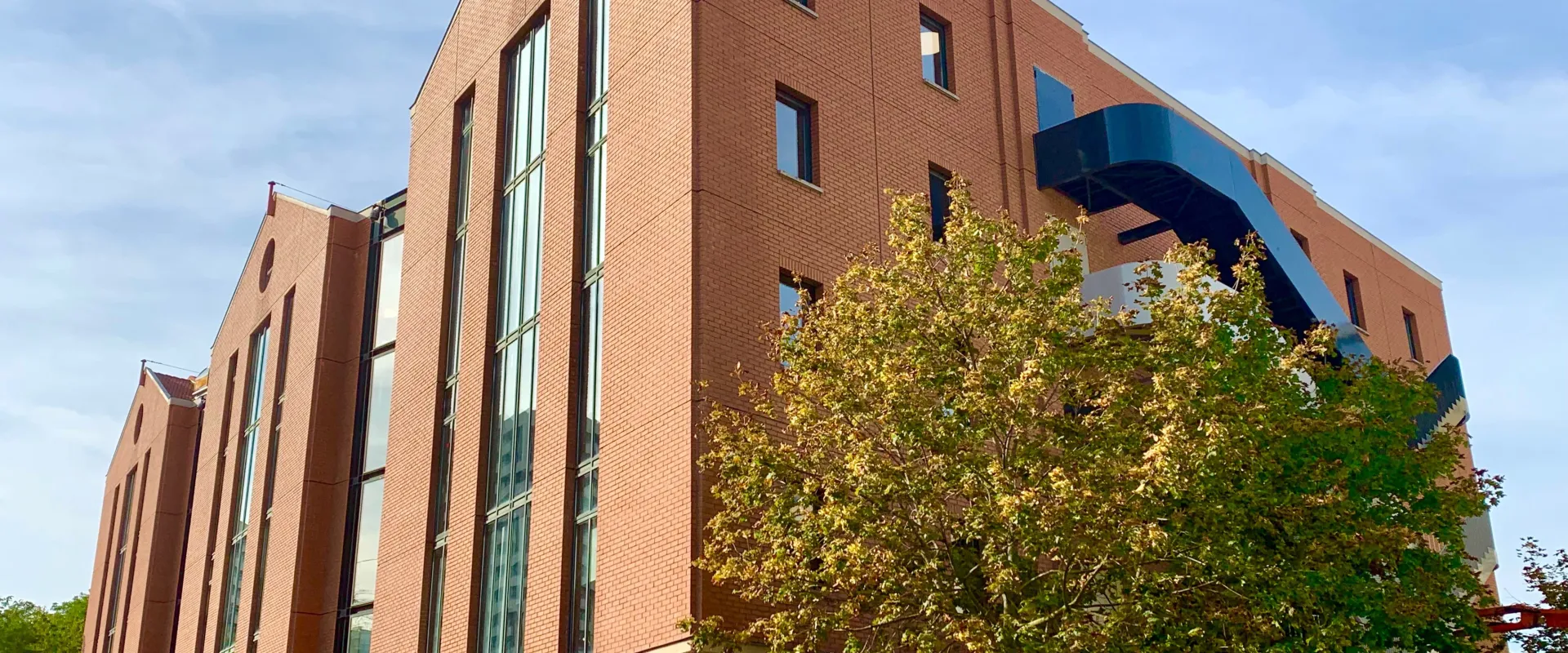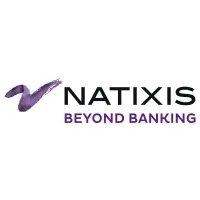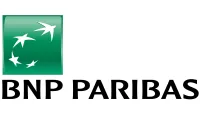
MBA Logistics and Supply Chain Management
- April 2026 | October 2026
- French
- 9400
- Initial (6-month compulsory work placement) / Work-linked training
MBA Description
The Logistics and Supply Chain Management Program at ESLSCA Business School Paris, aims to train young professionals who are competent, cultured, open to the world and rooted in both values and knowledge. Management is not only about mastering techniques and technologies, but also about creating dynamics by supporting women, men and territories.
The program favors contact with a network of high-level professionals from leading companies (industry, commerce, digital, distribution, e-commerce, public sector and government services, education), in a position to offer students interesting openings and perspectives.
The teaching approach alternates between general courses and shorter modules taught by enthusiastic professional lecturers who are keen to share their experience.
The curriculum is peppered with visits to companies, infrastructures and trade shows, as well as attendance at targeted conferences related to our business sector.
Our experience in the field leads us to consider general culture, reading and interpersonal skills as keys to success that count just as much as mastery of technique. Open to innovation, we focus on exploring emerging trends to invent the drivers of tomorrow's Supply Chain.
The Master of Business Administration (MBA) in Logistics & Supply Chain Management is designed for :
- Students with a general, scientific, economic, legal, business or management background who wish to deepen their knowledge or acquire dual skills in logistics and supply chain management.
- Professionals who, after a few years' experience, are looking to advance in their profession, in managerial or functional functions.
Our program is ranked among the best Master's, MS & MBA Logistics programs in France:
Why do an MBA in Logistics and Supply Chain Management?
The MBA in Logistics and Supply Chain Management, provides all the skills you need to become a highly sought-after professional. This course is offered on a sandwich basis with a company. It is possible to continue the course in the 2nd year of the Logistics and Supply Chain Management MBA at ESLSCA.
The advantages of the MBA in Logistics and Supply Chain Management
ESLSCA offers an MBA in line with the latest international events. To deal with health crises and geopolitical conflicts, companies need to adapt and adopt environmental and ethical responsibility. This is why choosing this MBA is an extremely judicious choice for meeting the following challenges:
- Managing a Supply Chain and Information Systems or IS;
- Developing an industrial logistics strategy;
- Mastering 6 Sigma to define, measure, control, innovate and analyse a product;
- Process Statistics;
- Managing general accounting;
- Or prepare for the FMIL, the Fundamentals of Industrial and Logistics Management.
This MBA offers a wide range of advantages, and candidates acquire skills of international stature.
An MBA of excellence in logistics performance
In order to become a logistics director and steer an entire industrial production operation, the manager will acquire the following skills, which make all the difference when being selected by an employer looking for adaptability and agility:
- Know-how in E-logistics, CSR, Nudge marketing and ethics, eco-design and upcycling, ecology and biodiversity;
- Business Strategy;
- Production processes and stock management;
- International purchases with contract law and negotiation.
All these skills are acquired through experiential learning. ESLSCA trains tomorrow's managers to optimise costs and satisfy the end customer. They play a major role in implementing a company's sustainable development policy.
Enrolment is open all year round and closes once the number of students has been reached (places are limited per class).
Registration deadline: 2 October 2024. After these dates, please contact the admissions department directly at [email protected].
Admission procedure
Pre-selection of the file including :
- CV
- Application questionnaire
- Skills assessment interview
Prerequisites
- Hold a Bac +3 (180 ECTS) in science and technology, management, etc. with a specialisation in logistics and/or industrial production
- Hold a Bac +2 (120 ECTS) with significant experience in logistics and/or industrial production (VAP85 procedure)
Career prospects
Logistics and Supply Chain
- Supply Chain Project Manager
- Production planner
- Transport Manager
- Demand Planner
- Operations Manager
- Stock Management Manager
Purchasing
- Category or family buyer
- Project buyer
- Investment buyer
- Industrial buyer
- Services buyer
- Public buyer
Assessment procedures
The study year is divided into two semesters, with the last week reserved for exams.
Students are graded according to the ECTS (European Credit Transfer and Accumulation System) standard promoted by the European Union. The assessment system complies with the 2022-2023 internal study regulations; the average grade for a course or module is used to assess the effort made by each student and to help them make decisions about their academic and professional choices.
It includes elements of continuous assessment, the evaluation of various assignments and the grade obtained during the semester assessments.
Under the direction of the School Director, the school jury meets once a year to decide on the case of each student (passing, repeating, reorientation).
Students validate their year with 60 ECTS (i.e. 30 ECTS per semester) and an average of 10/20 per module, bearing in mind that 5 is an eliminatory mark for a course.
In addition, all the pedagogical conditions must be fulfilled:
- Compulsory work placement of at least 6 months for students in initial training, to be carried out during the 2 years of training OR work-linked training (the work-linked training contract must be signed no later than 3 months after the start of the academic year).
- Continuous assessment + ESLSCA final exams
- Dissertation
- Skills passport
- Company diagnosis
- In-company professional project (written + oral)
- Logistics investigation file + oral
- FMIL certification
- Hoshin site
- TOEIC (minimum score 700)
- Process communication/MBTI
- Managerial assessment + oral
- Personal development (participation in school life)
Any student who does not obtain an average of 10/20 in a module will be invited to the make-up session to retake the exams defined by the passing jury.
A second School Jury will be held after the make-up session to decide on the case of each student: conditional passage for 2-year sandwich students, repeating a year, reorientation, exclusion, gap year.
Gateways, equivalences and further study
Bridges and equivalences
There are no gateways or equivalences: enrolment in the programme requires you to take all the modules.
Continuing your studies
It is entirely possible to continue your studies after the first year of the Logistics and Supply Chain Management MBA, provided you have the necessary prerequisites, in particular any 5-year higher education course such as an MBA or Master's degree.













